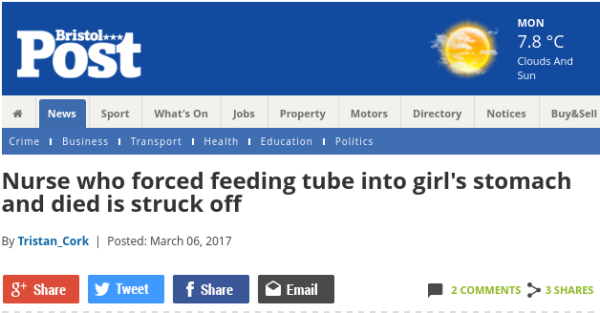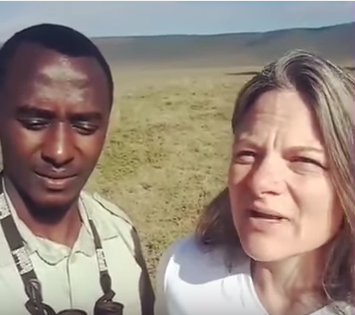Bristol Waste Company, the wholly-owned council company that’s responsible for cleaning the streets, emptying the bins and collecting residents’ recycling (amongst other things. Ed.) is holding a drop-in session next week in Easton as part of the consultation on the pilot project removing communal bins along the Stapleton Road corridor.
The event will be held at Muller Hall, 39 Seymour Road, Bristol, BS5 0UW (map) on Thursday 29th September from 5.00 p.m. to 8.00 p.m.

Bristol Waste would like as many local residents and other interested parties as possible to come and give their views and prospective attendees are asked to confirm they will be coming so sufficient tea, coffee and biscuits can be arranged.
To confirm your attendance or for further details of the event please contact Jessica Tulit, Bristol Waste’s Community Engagement Officer, by emailing Jessica.Tulit [at] bristolwastecompany.co.uk or telephoning 0117 304 9022.
Unfortunately, your correspondent’s attendance is doubtful due to a family bereavement, but he will be there in spirit.
It’s good to see that Bristol Waste is prepared to tackled the problems that communal bins are causing locally after two and a half years of inaction from Bristol City Council, which introduced the 1,280-litre bins some years ago as a response to fly-tipping.
Despite a communal bin consultation (posts passim) last year revealed that the majority of residents believed fly-tipping had not been improved by the introduction of these monster bins: and my own fly-tipping records support this perception; communal bins are implicated in 60-67% of all the fly-tipping I report to the council.
However, despite this evidence, Bristol City Council has not had the courage to remove them, but merely tinkered with the details of their deployment.
In meetings with Bristol Waste, it has been made quite clear to both councillors and local residents that the company is just as fed up as we are with the problems caused by the local communal bins, which don’t just act as a magnet for fly-tipping. Analysis of the contents of the bins has revealed that only one-third is the stuff for which they were intended: the rest is made up of equal parts of recyclable materials and trade waste.
Those recyclable materials can still be recycled, but will attract a lower price due to the contamination to which they are subject in the communal bins.
Traders are supposed to have their own waste disposal contracts appropriate to their businesses. However, lots tend to cut corners – and their costs – by abusing the black communal bins earmarked specifically for use by residents (posts passim).




 In an undated video clip, the tour guide translates what an English-speaking woman is saying and instead of conveying the original message’s meaning, decides to skew the visitor’s kind remarks about country completely.
In an undated video clip, the tour guide translates what an English-speaking woman is saying and instead of conveying the original message’s meaning, decides to skew the visitor’s kind remarks about country completely.



